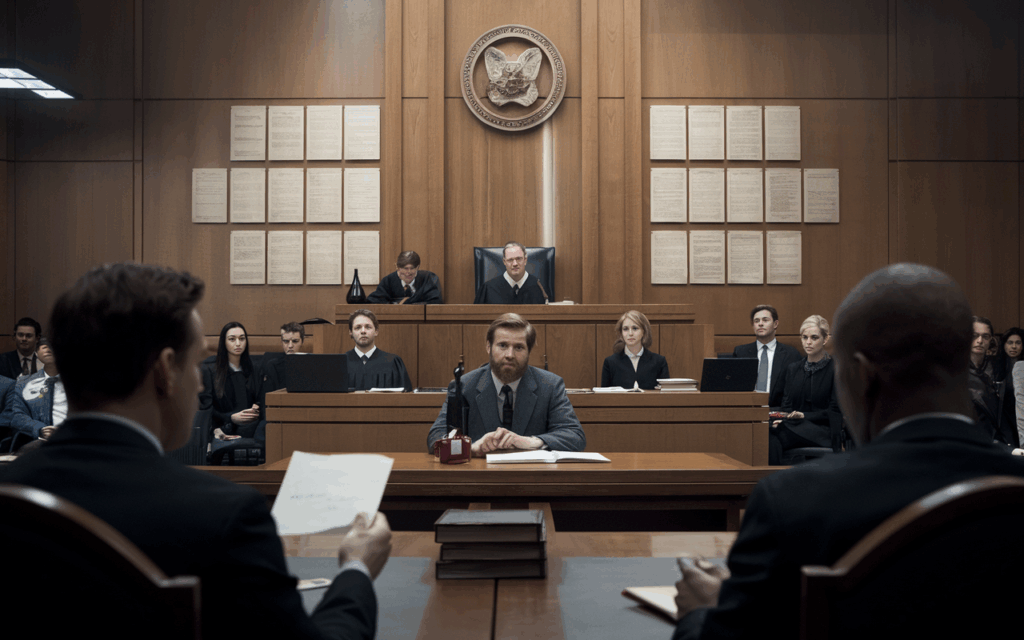Understanding the Implications of Child Drowning Cases: A Closer Look at the Trigg Kiser Incident 🌊👶
In a tragic turn of events, the drowning death of three-year-old Trigg Kiser has brought to light the complexities surrounding child safety and parental accountability. With the case of influencer Emilie Kiser’s son, many are left wondering how often parents are charged in such sad circumstances.
The Incident 🕵️♂️
On May 18, 2025, Trigg was found submerged in a pool at the family's Chandler, Arizona home. At the time, his father, Brady Kiser, was reportedly distracted while caring for Trigg and his infant brother Theodore. After realizing Trigg was in trouble, Brady jumped in to rescue him and called 911. According to surveillance footage, he had lost sight of Trigg for approximately three to five minutes. 🚨
Now, the Chandler Police Department has recommended a class 4 felony child abuse charge against Brady. This recommendation has sparked debate, especially since such charges in drowning cases are notably rare. Experts point out that incidents like this often result in neglect or endangerment charges rather than outright abuse.
Rare Legal Consequences ⚖️
Frank Vandervort, a professor specializing in child advocacy law, stated that abuse charges typically imply an active role in the child's death. Instead, most drownings are categorized under neglect, where parents face lesser consequences. This situation brings to light a critical discrepancy in how the legal system processes cases based on socioeconomic factors, indicating that charges may be more frequent in impoverished or marginalized families.
As Richard Wexler from the National Coalition for Child Protection Reform pointed out, the decision to charge parents can be subjective and affected by underlying biases. “There can be good, sound reasons to bring charges, but we’re going to need to know a lot more before we find out if this case is one of them,” Wexler stated.
The Social Media Backlash 📱💔
Emilie Kiser, an influencer with over 4 million TikTok followers, has faced intense backlash in the online community. In an era where social media amplifies public scrutiny, the incident has led many influencers to reconsider how they portray their families online. The parasocial relationship many followers feel can create unrealistic expectations and judgments based on limited information.
Public and Expert Reactions 😟🗨️
Vivek Sankaran, another expert from the University of Michigan, reflects on the quickness to blame parents for unfortunate incidents. He stated, “It just doesn’t seem like a proper use of the criminal justice system.” This reaction hints at a broader societal tendency to assign guilt rather than support families in distressing times.
As the case moves forward to the Maricopa County Attorney’s Office for review, many await the decision on whether or not formal charges will be pursued. Until then, the questions surrounding accountability, child safety, and the complexities of parenting in today’s environment loom large.
Your Thoughts? 💬
What do you think about the recommendations for charges against Brady Kiser? Should the law hold parents more accountable in drowning instances, or do you agree with the experts that these cases call for compassion rather than punishment? Share your thoughts in the comments below!
For additional reading, check out the detailed report on this developing story: How Often Are Parents Charged in Child Drowning Cases?
Stay Connected 🤝
Don’t forget to follow for more updates on this case and insights into parental accountability within the legal system.
#ChildSafety #ParentalAccountability

More Stories
Exciting News: The Summer I Turned Pretty is Becoming a Movie
Reflecting on Robert Redford’s Legacy of Integrity and Artistry
Sara Rivers Appeals Dismissal of $60 Million Lawsuit Against Sean Combs: A Fight for Justice in the Entertainment Industry